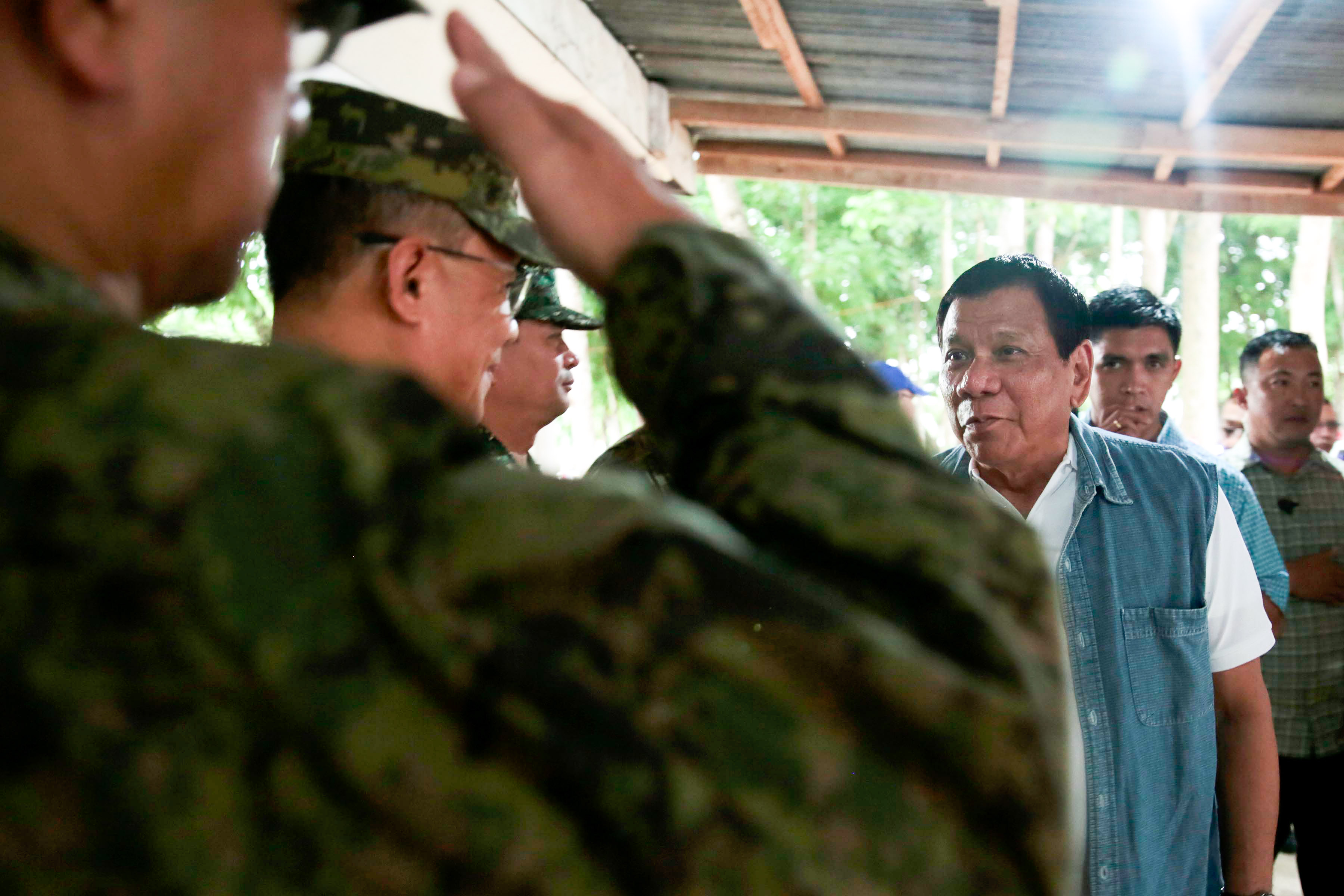
I still have to read their reasons, but a very convincing majority of the Supreme Court has voted to uphold the declaration of martial law in Mindanao. Legally, that means that the Court found no grave abuse of discretion in the President's exercise of his commander-in-chief powers.
I agree with the Court. I laud its deference to Executive action.
In fact, granting the Court jurisdiction to resolve cases questioning the factual bases for the declaration of martial law was never a matter of course. I have no doubt that the US Supreme Court would make short shrift of any petition endeavoring to constrict the President's emergency powers.
Still less hospitable would British courts be in respect to decisions of like nature by the Prime Minister and the government. The present provision in our Constitution mandating congressional concurrences and allowing for judicial review was put in as a protest to what was perceived as the misuse of martial law by Ferdinand Marcos.
It is not a usual provision that one will find in other constitutions. And the reason is not difficult to fathom: You do not want kibitzers hampering emergency operations. Neither is it desirable to make political posturing stand in the way of effectively interdicting invasion or rebellion.
Salutary reason
No, martial law is not a bad word, and no, I will not join the call "never again".
There is a salutary reason that the fundamental law grants the President the power to declare martial law and, no, I do not subscribe to the proposition that its effect is principally psychological. Putting it that way already neutralizes whatever psychological benefit it may bring.

Legal provisions are hardly ever rhetorical and the remedies they provide are never intended to be cosmetic or illusory. The outer limits of what may or may not be done under martial law must still be determined in proper proceedings.
It is understandable that we do not want a President brandishing the sword of martial law whenever he wakes up in a foul mood, and that is why it is good that we have constitutional checks on presidential power.
But there is also such a virtue as "judicial reticence", a becoming degree of self-restraint that must be accorded a co-equal, coordinate branch of government.
And when one considers that the President is privy to information, intelligence reports, facts and data that are not available to courts – and should not always be disclosed – then the commander-in-chief must be given sufficient maneuvering space within which to really command!
And I am glad that majority of the Supreme Court in the decision today did just that. – Rappler.com
The author is vice president of the Cagayan State University and Dean, Graduate School of Law, of San Beda College.